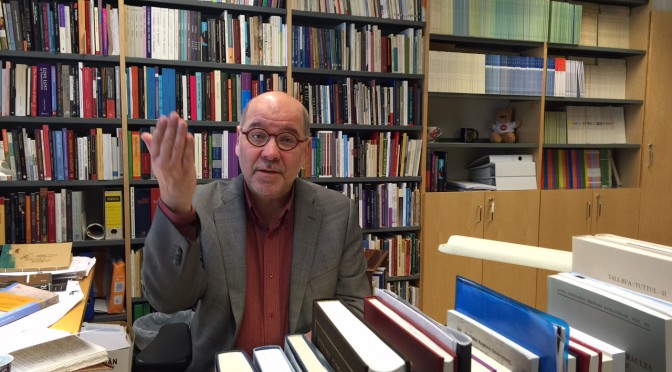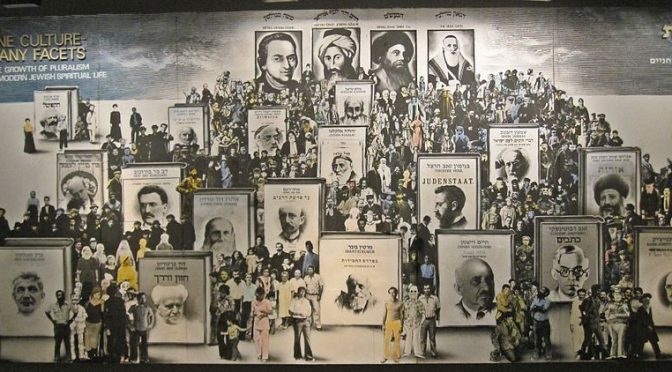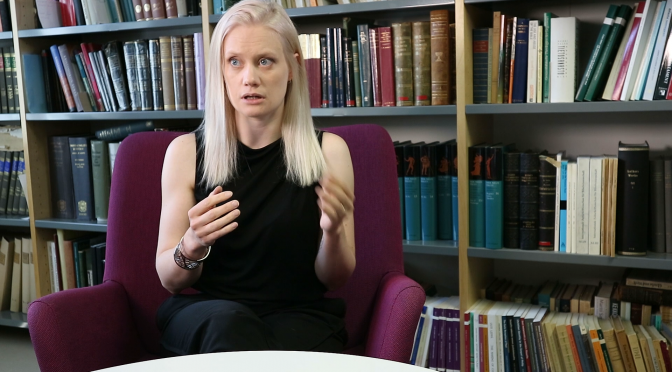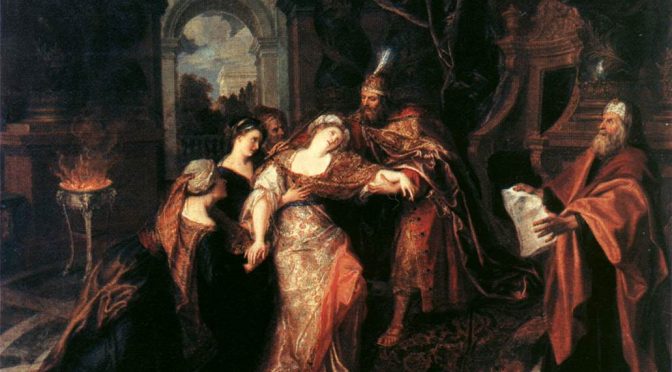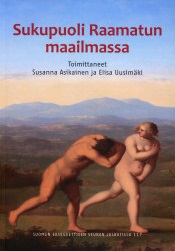By Martti Nissinen.
It is difficult to believe that the six years of CSTT as a Centre of Excellence funded by the Academy of Finland have passed. For six years, we have had the pleasure of being part of a vibrant company of biblical scholars, assyriologists, and archaeologists. CSTT has been a diverse, supportive, and open-minded community in which postdoctoral researchers, doctoral candidates, and senior scholars have got together and learned from each other. Altogether fifty people representing ten nationalities have been members of this community, and twelve colleagues from seven countries have visited us for shorter periods.
What have we achieved during these six years? And even more importantly: what have we learned?
First, I would like to mention the fulfillment of our educational potential: fourteen young researchers have completed their doctoral studies during these years. Two dissertations are currently being examined, and half-a-dozen are still underway.
The scholarly contribution of CSTT is impossible to summarize in a sentence or two. It covers a tremendous amount of new knowledge and perspectives on textual transmission and cultural developments from Sumerian times to Late Antiquity, from the Persian Gulf to the Mediterranean, from cuneiform tablets to medieval biblical manuscripts. The statistics tell that the members of our four teams have since 2014 published ca. 60 scholarly books and ca. 500 research-based articles, ca. 350 of which are peer-reviewed – the numbers are round because many books and articles are still in print of forthcoming. Our members have (co-)organized fifty conferences and workshops that have brought hundreds of researchers not only to Helsinki but even to places like Tbilisi, Hongkong, and Beirut.
What we have been able to do is deeply gratifying. Listing achievements, however, is looking backwards while the future is even more about what we have learned.
We think better together. This is doubtless the best heritage of CSTT we can take with us wherever we continue our work. We wanted to create a community in which different methodologies and theoretical approaches come together as an ongoing forum for exchange and learning – a non-hierarchical, inclusive space where we can safely move outside our comfort zones without the fear of becoming discredited. We have learned that methodological cross-fertilization is not easy and six years is not enough to change scholarly paradigms. But we also learned that if our encounters do not always lead to agreement, they may help to articulate the disagreement in an atmosphere of respect and friendship. If CSTT has succeeded in moving our fields of study towards a change of paradigm in academic working culture, it has not only been about changes in sacred texts and traditions but also about changing scholarship.



